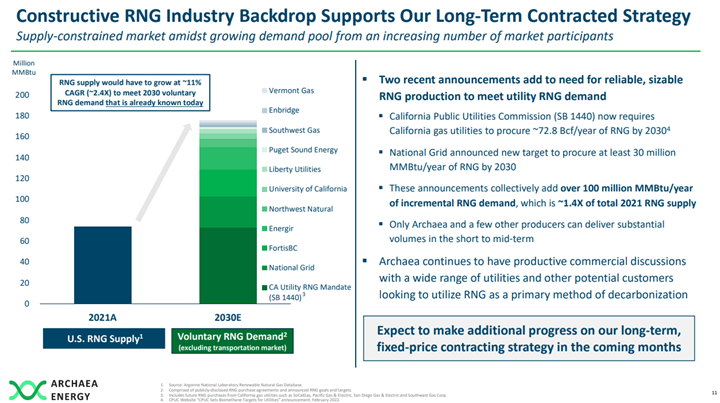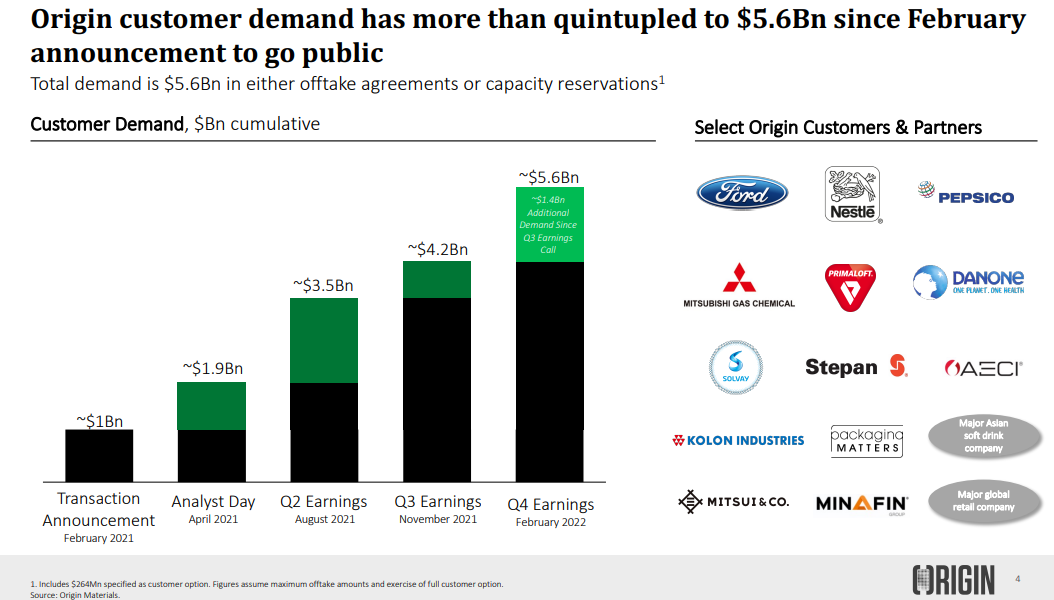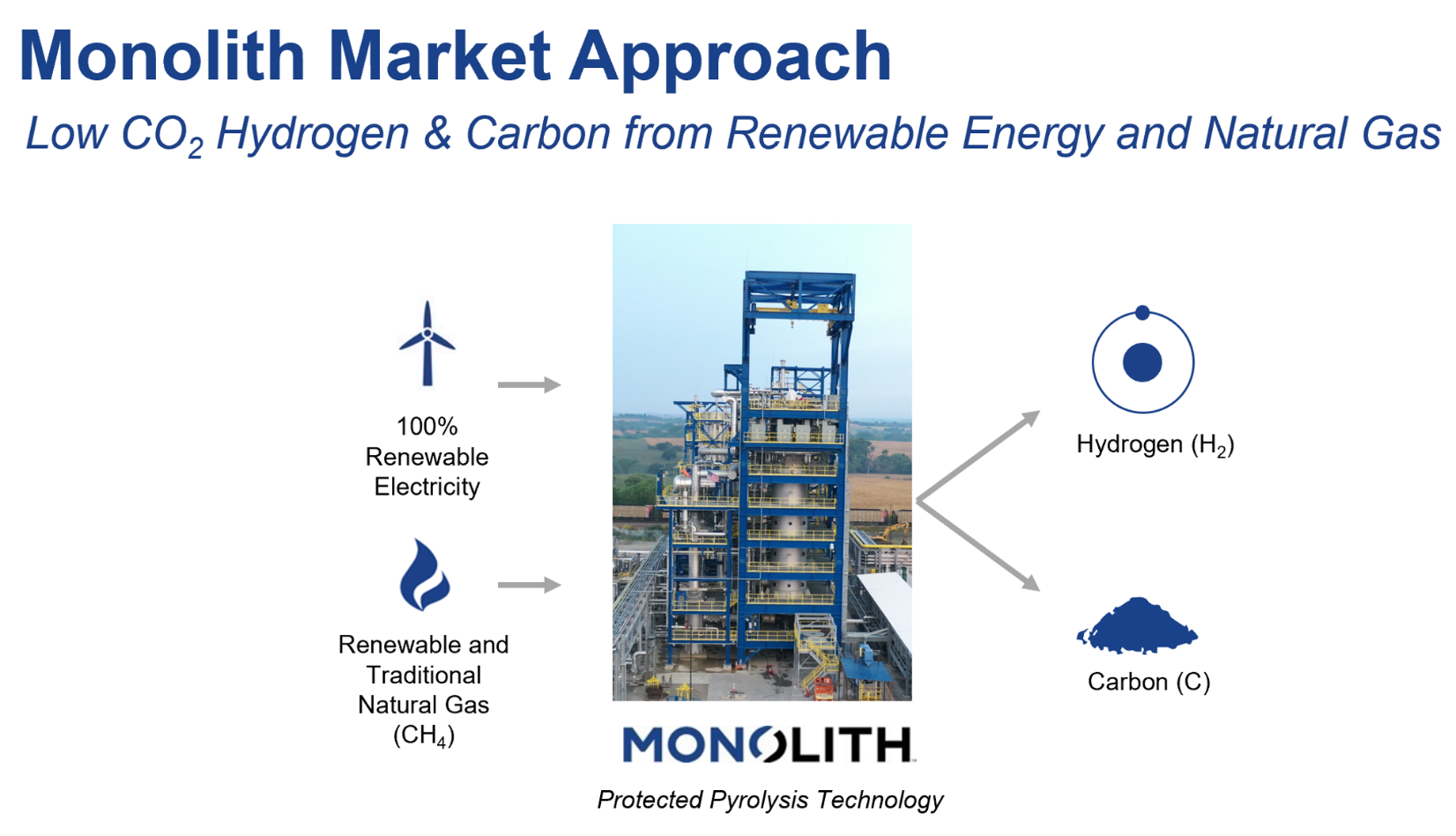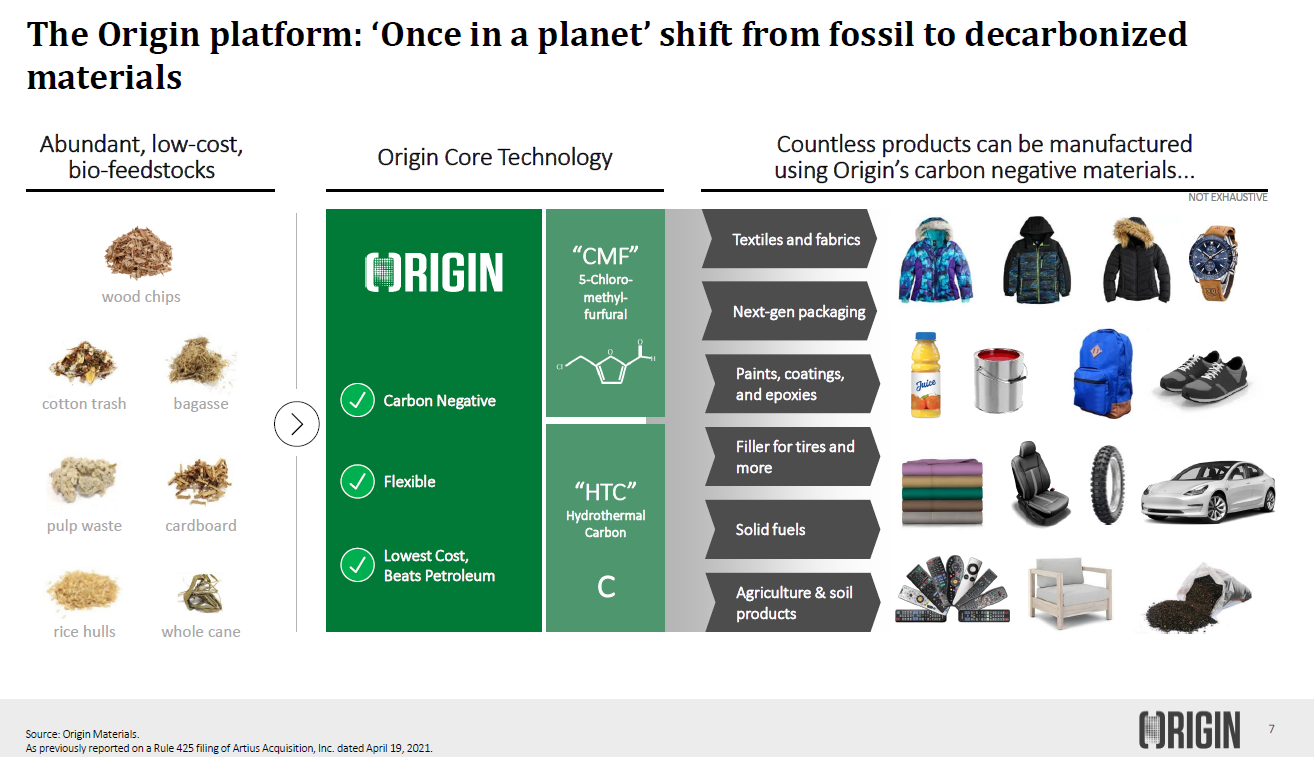The Archaea chart below summarizes one of the strong positives we have discussed for a while: renewable natural gas (RNG) demand is likely to outstrip supply in the long term. Using RNG is a quick fix for many processes, and too many people are likely relying on availability against a challenging supply backdrop. Large landfills and dairy farms are likely to be tapped for RNG, and many of the smaller opportunities will also work if they are logistically well placed. But at the same time, you have investments to lower the amount of waste moving into landfills, and there are also pressures on the dairy and beef farmers to reduce the methane produced. We are very bullish on the RNG producers as we believe that their products will be in short supply, and as long as they are not exposed to input cost inflation, they should see strong margins. In addition to Archaea, Gevo announced earnings yesterday and discussed the successful start-up of its (relatively small) RNG project in Iowa.
RNG Demand Likely To Exceed Supply
May 10, 2022 1:36:38 PM / by Graham Copley posted in Gevo, Capacity, Origin Materials, renewable natural gas, material cost inflation, RNG, Archaea Energy
Market For Renewably Source Polymers Is Growing
Feb 25, 2022 1:52:40 PM / by Graham Copley posted in ESG, Polymers, Climate Change, Sustainability, renewable polymers, renewables, polymer demand, Origin Materials
Origin Materials reported earnings yesterday and the highlight was the further increase in possible customer demand for the products the company plans to make, as well as the recent announcement of a second US plant. In our ESG and Climate piece on Wednesday, we talked about how important it is going to be for these new technology companies to have bankable offtake agreements, as these will be needed to support funding, given the more cautious outlook that the market has towards project finance today and the concerns over rising rates. The products that Origin expects to make should have robust demand, and they should attract a whole bunch of interested customers, all of whom are struggling with their own ESG dialogue. The question around Origin is whether the technology can deliver the products at costs that make sense and in reliable volumes. The story looks good if the process does what is promised.
Carbon Black: By-Product Economics Pose A Threat To Incumbents
Dec 10, 2021 12:03:28 PM / by Graham Copley posted in ESG, Carbon Capture, Sustainability, CCS, CO2, Carbon Black, Emissions, Renewable Sources, carbon footprint, natural gas, climate, Environment, Origin Materials, sustainable solutions, Monolith, natural gas feed, manufacturers, by-product
The Monolith announcement is not that surprising, as the auto industry is very focused on its carbon footprint and its suppliers, like Goodyear, are under pressure to look for more sustainable solutions. While Monolith uses natural gas as a feed, it’s carbon black is produced with very limited Scope 1 emissions, unlike the traditional route, used by the incumbents. It is not clear what the production economics are for Monolith because the co-product value of hydrogen could vary greatly depending on local needs, but the emergence of a competitor who sees carbon black potentially as a by-product is not likely to be good news for the traditional makers. A by-product that is more environmentally friendly is even more of a threat. Complicating the picture further could be the arrival of larger volume production from Origin Materials, which has a renewable based carbon black like material, which may also be seen as a by-product.
Existing Carbon Black Producers Should Look For Ways to Decarbonize
Oct 6, 2021 2:27:54 PM / by Graham Copley posted in ESG, Climate Change, Sustainability, CCS, CO2, Carbon Black, Carbon, Emissions, PET, decarbonization, Origin Materials
We think that Orion Engineered Polymers and its fellow traditional carbon black producers could be in for a rough ride.





